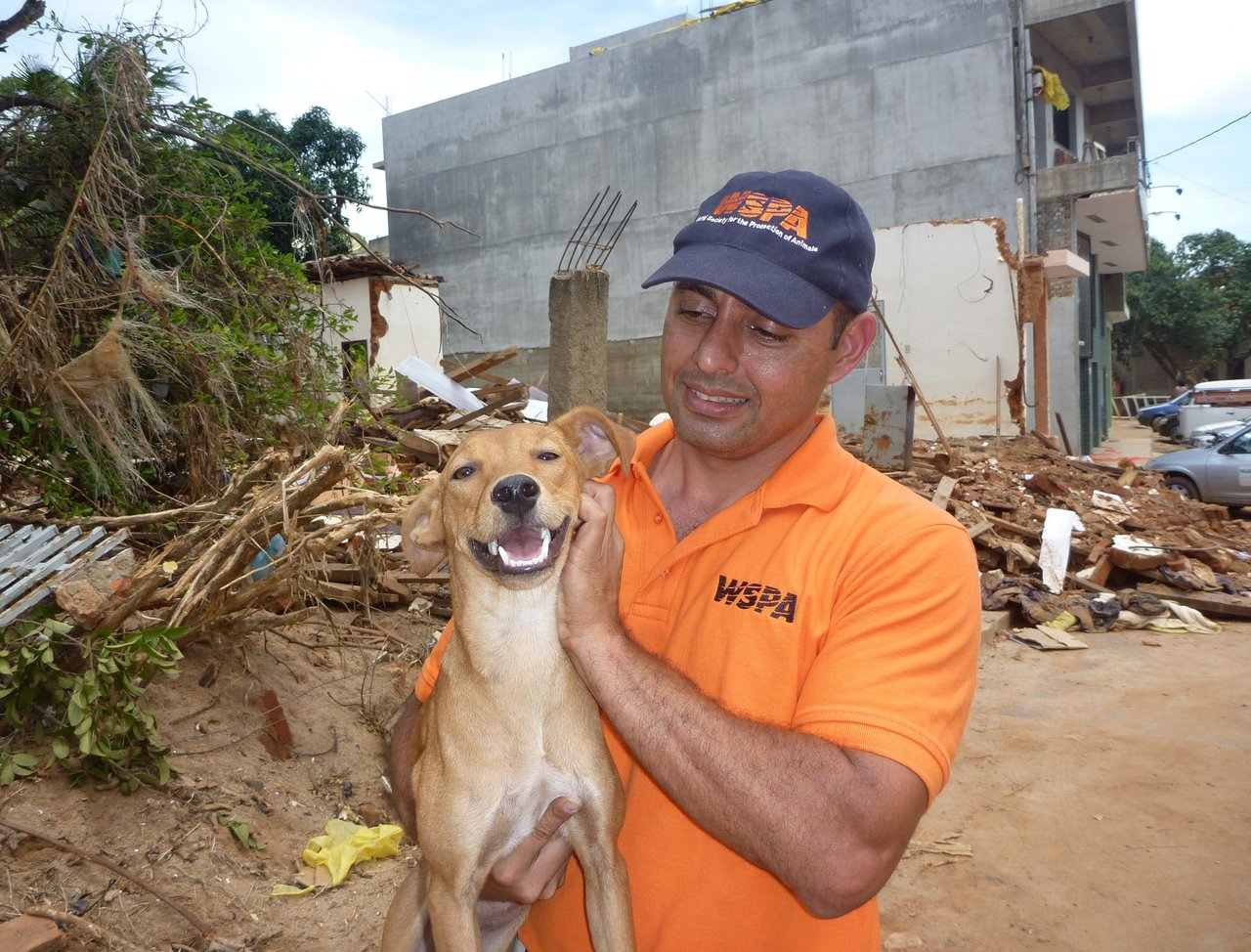75 years of protecting animals
From our founding in the 1950s to global victories in wildlife protection and farmed animal treatment, explore how we’ve transformed the future for animals, one milestone at a time.

We became World Animal Protection in June 2014. But while our name has changed, our determination to protect animals remains as strong as ever. We've grown and so has our influence. And, just like our supporters worldwide, we know change is always possible — because we’ve been transforming animals' lives since 1950.
The World Federation for the Protection of Animals (WFPA) was founded with a focus on lobbying governments in Europe and Africa to improve animal welfare and increase overall awareness of the plight of animals.
The International Society for the Prevention of Cruelty to Animals (ISPA) was formed. With links to the UK’s RSPCA, it focused on campaigning and animal rescue work mainly in Latin America, Europe, and Africa.
WFPA and ISPA merge to become one major international animal protection organization, the World Society for the Protection of Animals (WSPA).
We changed our name to World Animal Protection to clearly demonstrate our purpose, mission, and what we stand for.
We launched our bold new 10-year strategy, which is focused on ensuring farmed animals live good lives and stopping the cruel exploitation of wild animals as commodities.
We've always been wherever the need for animal protection is greatest — from treating more than 70,000 animals following the Haiti earthquake in 2010, to training vets in Thailand, to ending bear dancing across India in 2012, to investigating animal trafficking in El Salvador. As we've grown, we've focused on protecting more animals in more places. Today, we have regional hubs in Africa, Asia, Europe, Latin America and North America, and offices in 12 countries.
Find out more about our work worldwide.
Ever since 'Operation Gwamba', when we rescued 10,000 animals from flood waters in Suriname in 1964, we've protected hundreds of thousands of animals in disasters. We've responded to earthquakes, tsunamis, typhoons, tornadoes, volcanic eruptions, cyclones and shipwrecks. We've saved animals in conflicts from Bosnia to Rwanda to Afghanistan. Today, we move faster than ever to protect animals when disaster strikes.
See how we save animals in disasters.
We've campaigned for lasting change for over seven decades. Launched in 1985, our campaign against bullfighting moved almost 50 cities in France and Spain to ban bullfighting. In the same decade, India banned the trade in frogs' legs after six years of WSPA campaigning — saving more than 30 million frogs annually. And in the 1990s, our Libearty campaign helped to outlaw bear dancing in Greece, Turkey and most of India. Today, we keep piling on the pressure.
Discover different ways that you can add your voice to help protect animals.
We've moved international organizations to protect animals for many years. As WSPA, we began lobbying the EU in the 1980s, were given consultative status at the UN in 1981 and by the 1990s had been represented at the Council of Europe. We're now the only animal protection organization to regularly address the UN.
Find out how we're moving the UN to act today.
We have a rich and successful history of partnering with others and building coalitions that create lasting, systemic change.
We work with others who share our values to raise the profile of animal welfare in everything we do. We will also challenge ourselves, our allies and our opponents to do better, go one step further and be as ambitious as possible to create the change we want to see.
Only by working together can we make change for animals.
From our founding in the 1950s to global victories in wildlife protection and farmed animal treatment, explore how we’ve transformed the future for animals, one milestone at a time.
Our long history of protecting animals in disasters began in 1964 with John Walsh, and his first rescue expedition, Operation Gwamba.
As WSPA (World Society for the Protection of Animals) we moved the world to protect animals. Our name may have changed, but our work – and our determination to protect animals – remains the same.